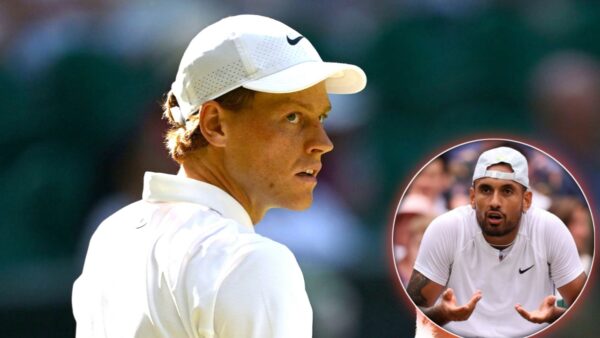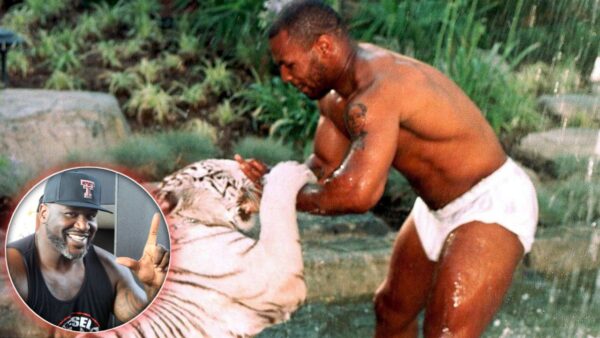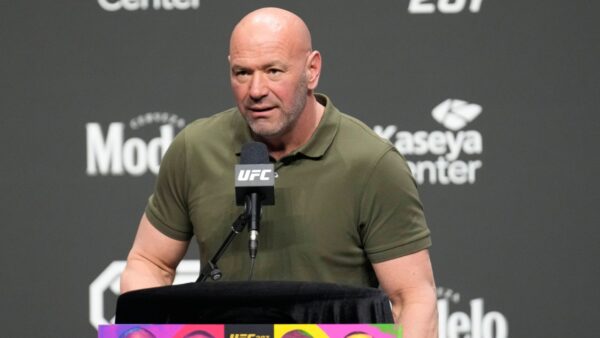Nico Iamaleava’s exit from Tennessee highlights a worrisome pattern in the post-NIL world of college football
College Football Show host Josh Pates made a concerning revelation about the NIL-regime following the departure of Nico Iamaleava from Tennessee.
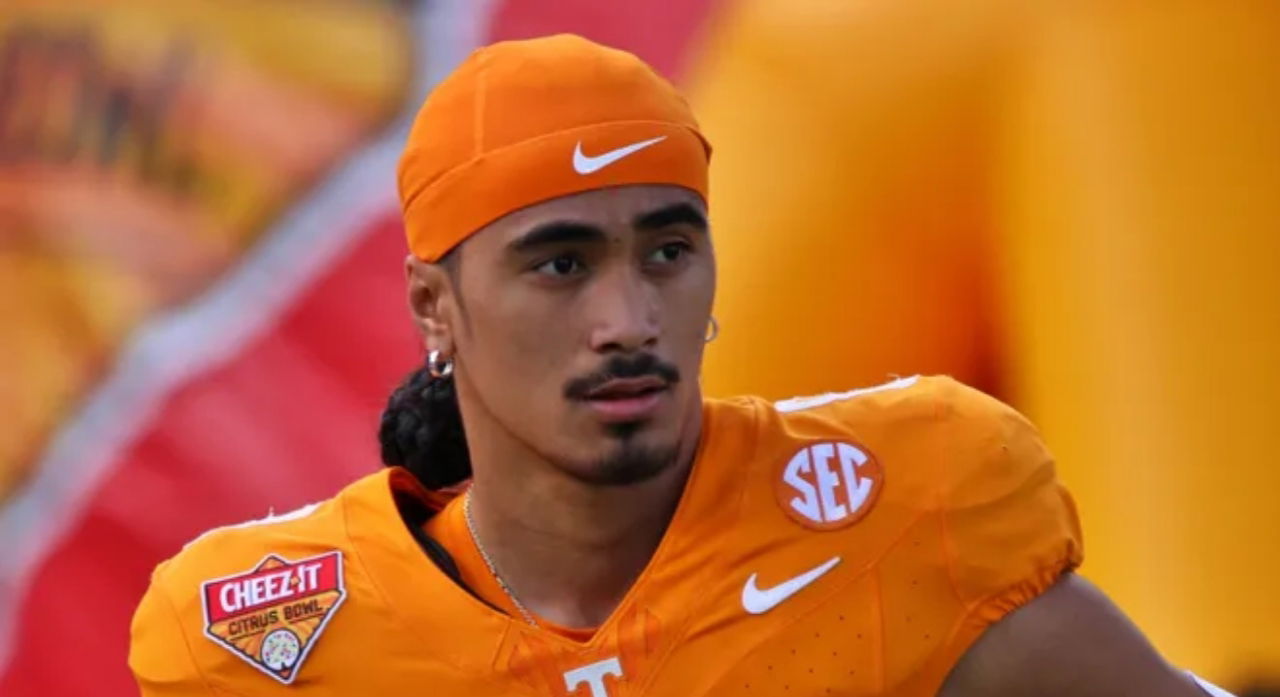
Nico Iamaleava (Image via X)
🔍 Explore this post with:
It has been nearly four years since the NCAA put into effect the Name, Image, Likeness (NIL) deals for players. The decision was celebrated, as it should have been, because, after all, college athletes would get their well-deserved money and be handsomely compensated for their efforts.
There is no arguing that NIL has benefitted the masses, but there have been a few stories of players misusing it to leverage colleges to pay them more.
The latest story revolves around Tennessee Volunteers’ starting quarterback Nico Iamaleava. The 20-year-old quarterback left the football program over displeasure at his compensation. Despite signing an NIL deal, he wanted to renegotiate the terms of his deal after his peers began to receive better offers from their respective programs.
Tennessee was not open to negotiating, which prompted Iamaleava to enter the transfer portal. So far, there is nothing concerning about this entire incident. It is simple business math; a player wanted more, and the team refused, so they parted ways in search of greener pastures.
However, this incident is not as straightforward as it sounds. As per College Football Show’s Josh Pate, Nico Iamaleava attempted to renegotiate his deal’s terms back in December when his team was hoping to fare better in the College Football playoffs.
This stuff was happening last December during the playoffs with this kid included, but not just this kid. They were trying to get more money from Tennessee and other playoff teams before the playoffs. They were trying to leverage playoff participation.
Josh Pate said
This has to impact Iamaleava’s goodwill as a player because if he was willing to squeeze the team before the playoffs, it reflects poorly on him as a leader. Pate further elaborated on the situation.
The explainer was, ‘Our client is being paid X amount of money to participate in 12 games, maybe a 13th if you make the conference championship game. But you guys made the playoff. He should make money money.’ This is the kind of BS that’s happening behind the scenes right now.
Josh Pate said
His report is concerning as it means that college football is now facing issues similar to the NFL, where players threaten to abstain from playing if they are not compensated well.
Players are now inclined to enter the transfer portal if their demands are not being met by one team
The compensation matters in football, but in college football, the other factors, such as winning, sportsmanship, and leadership, are traits that are far more valuable than money alone. Nico Iamaleava has a right to seek more money, but the time to do that is once the season is done.
In the playoffs, each team has one goal: to win the National Championship. If players are busy attempting to chase wealth during this time and go as far as to threatening to sit out at a time when your teammates need you the most, it is simply unacceptable.
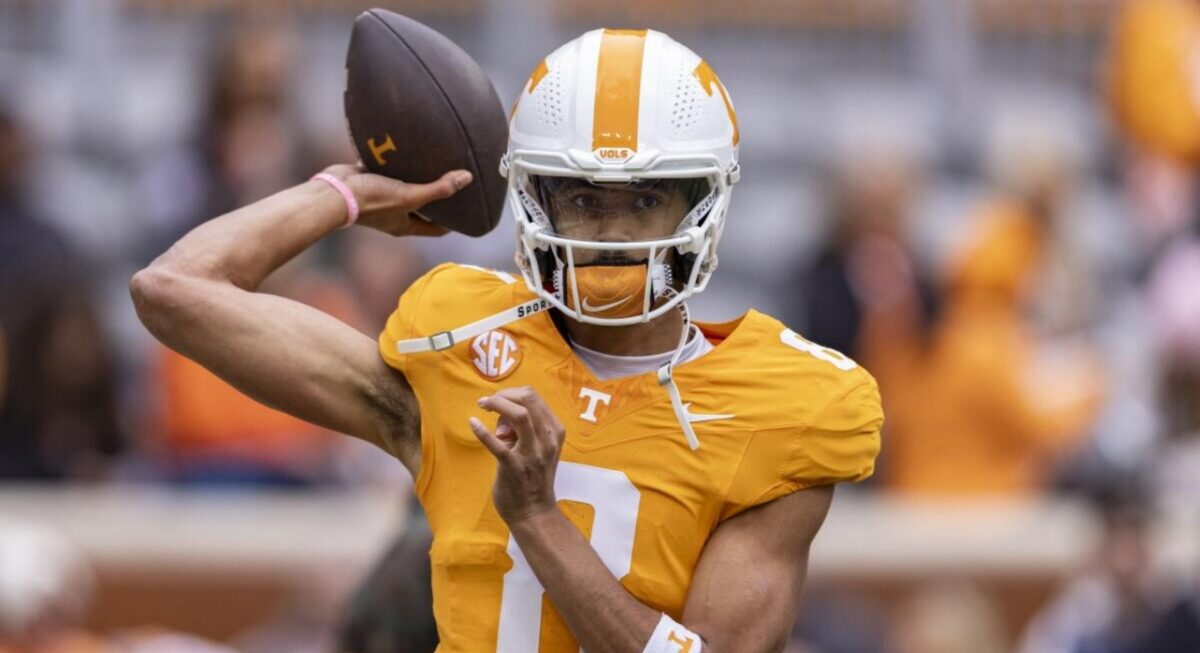
It destroys the objective of the NIL concept and adds fuel to the arguments against allowing NCAA athletes to negotiate deals and enter the transfer portal each year. The ultimate goal for football players in college should be the NFL; that is where you make the money and where you demand teams to pay you more.
To do that at a stage where the top priority should be to learn and improve yourself is not right. What makes this situation so concerning is that Josh Pate revealed multiple players followed Iamaleava’s path by attempting to renegotiate before the playoffs.
Video: pic.twitter.com/eWDPRqbQFd
— College Sports Only 🏈 🏀 ⚾️ (@CollegeSportsO) April 14, 2025
If each college prospect begins to switch teams every year, disappointed by the compensation, then college football is headed in the wrong direction. At what point do players place the chemistry, overall team talent, and odds of winning before their paycheck? More importantly, if their biggest takeaway from playing in college is to play for the one who pays them the most, how can an NFL franchise rely on such players to commit long-term and put the team before their whims and fancies?
The NCAA has to tighten the rules around the NIL and impose some restrictions on players demanding their deal be renegotiated each year. The quarterback ranks 35th overall in ESPN’s rankings after the 2024-25 college season ended. He finished the year with 2,616 yards, 19 touchdowns, and 5 interceptions. His priority should be to improve his game and fare better next season, but Iamaleava will hope to do that in a different program.
Related: 3 reasons why the 2025 NFL season will be ‘make or break’ for Joe Burrow

